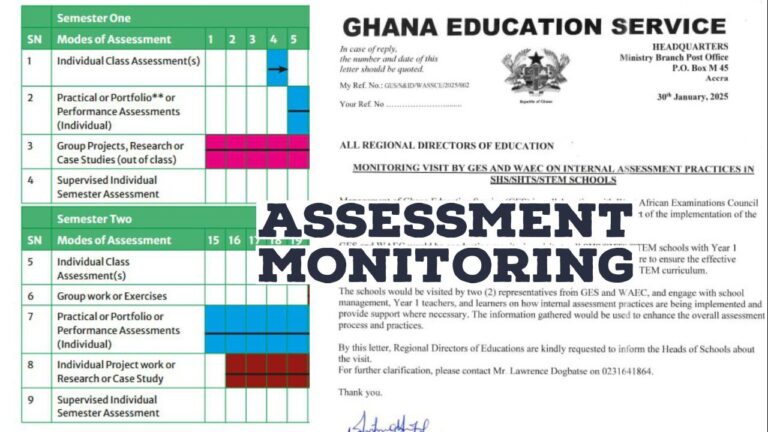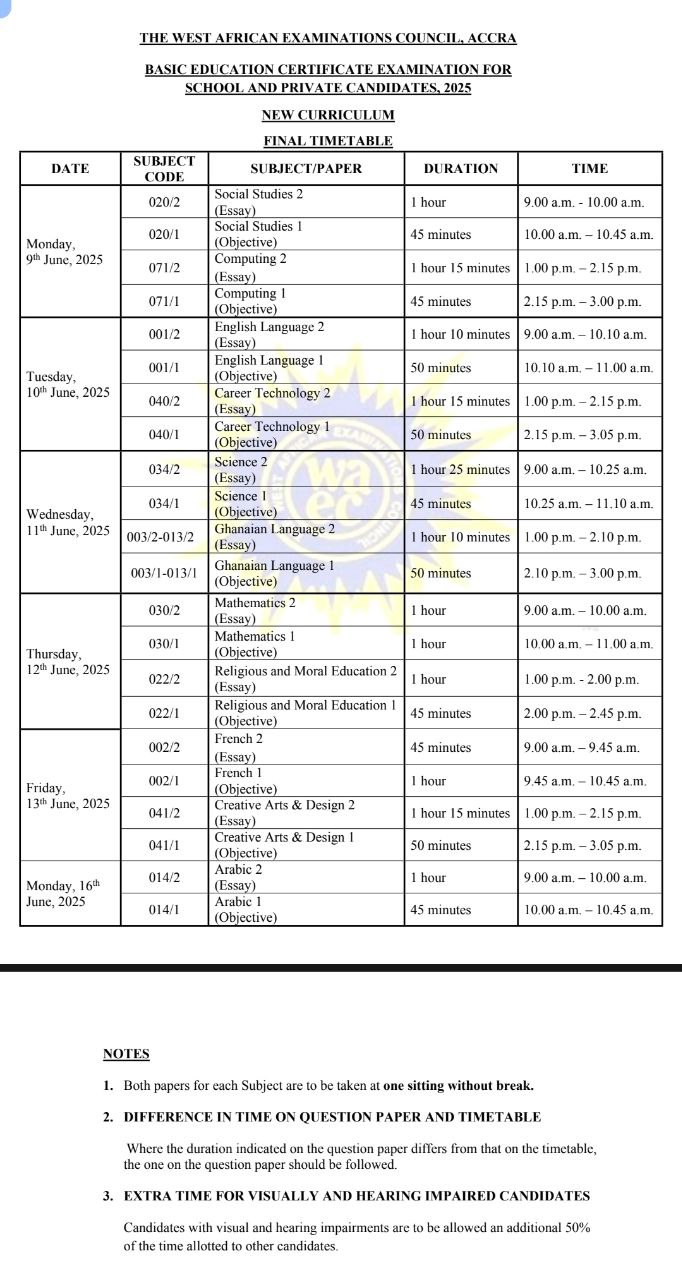How to Draft Essential Questions in Lesson Planner with Examples

Table of Contents
ToggleHow to Draft Essential Questions in Lesson Planner with Examples
Crafting essential questions is a crucial aspect of lesson planning, serving as the backbone of engaging and thought-provoking classroom discussions. Here are key points to consider when drafting these questions:
- Openness: Essential questions should be open-ended, inviting students to explore various perspectives and delve into deeper understanding. For instance, instead of asking “What is the capital of France?” consider asking “How do cultural factors influence the development of a nation’s capital?”
- Critical Thinking: Encourage critical thinking by posing questions that prompt analysis, evaluation, and synthesis of information. For example, rather than asking “Who was the main character in the story?” you could ask “What motivates the protagonist’s actions, and how do they contribute to the story’s theme?”
- Avoid Personal Pronouns: Steer clear of personal pronouns like “I,” “you,” or “we” to maintain objectivity and universal applicability in the questions. This ensures that all students feel equally engaged and challenged.
- Teacher and Learner Engagement: Consider both the teacher’s role in guiding discussions and the learners’ role in exploring and constructing knowledge. Questions should foster collaboration and active participation from both parties. For instance, “How might historical events shape our understanding of current social issues?”
- Alignment with Learning Outcomes: Ensure that essential questions align with the intended learning outcomes and indicators for the lesson. They should directly address the key concepts and skills students are expected to master. For example, if the objective is to analyze cause-and-effect relationships, a relevant question could be “What are the implications of environmental degradation on global ecosystems?”
- Avoid Assessment-Level one Questions: Steer away from questions that merely test recall or basic comprehension (assessment level one questions). Instead, focus on higher-order thinking skills such as analysis, synthesis, and evaluation. For instance, instead of asking “When did World War II start?” you could ask “What were the underlying causes of World War II, and how did they contribute to its outbreak?”
Examples
Science:
- How do changes in environmental conditions impact biodiversity?
- What are the ethical implications of genetic engineering in agriculture and medicine?
- How does the structure of atoms determine the properties of chemical elements?
- What role does energy transfer play in ecosystems and human-made systems?
- How do scientific models help us understand complex natural phenomena?
Mathematics:
- What strategies can be used to solve problems involving proportional reasoning?
- How does understanding patterns and functions help us make predictions in real-world situations?
- What is the relationship between geometry and spatial reasoning in everyday life?
- How can statistical data analysis inform decision-making in various fields?
- What are the applications of algebraic concepts in solving practical problems?
Computing:
- How does algorithm design influence the efficiency and effectiveness of computer programs?
- What are the ethical considerations surrounding data privacy and cybersecurity?
- How does computational thinking enhance problem-solving skills across disciplines?
- What impact does emerging technology have on society and the workplace?
- How can computer programming be used to address societal challenges?
English:
- How do authors use literary devices to convey themes and messages in their works?
- What role does cultural context play in shaping the interpretation of literary texts?
- How does language choice affect the tone and meaning of written communication?
- What are the social implications of censorship in literature and media?
- How do different narrative perspectives influence readers’ understanding of a story?
History:
- What factors contribute to the rise and fall of civilizations throughout history?
- How do historical events shape cultural identity and national memory?
- What are the consequences of imperialism and colonialism on indigenous populations?
- How do primary sources help us uncover diverse perspectives on historical events?
- What lessons can be learned from studying revolutions and social movements?
Home Economics:
- How does food choice impact personal health and well-being?
- What are sustainable practices in managing household resources and finances?
- How does cultural diversity influence culinary traditions and dietary habits?
- What are the economic implications of food production and consumption patterns?
- How can knowledge of nutrition and food safety promote healthy lifestyles?
Business:
- What factors influence consumer behavior and purchasing decisions in a competitive market?
- How do businesses manage risk and uncertainty in financial decision-making?
- What ethical considerations should guide corporate social responsibility initiatives?
- How do globalization and technological advancements impact international business operations?
- What strategies can businesses employ to adapt to changing market trends and consumer preferences?
Examples of phrases or words that can be used to construct essential question.
- How can…
- Example: How can historical context influence artistic expression?
- What are the implications of…
- Example: What are the implications of climate change on global ecosystems?
- How does… affect…
- Example: How does technological innovation affect economic development?
- What is the relationship between… and…
- Example: What is the relationship between culture and language diversity?
- To what extent…
- Example: To what extent does socioeconomic status impact educational attainment?
- What are the ethical considerations surrounding…
- Example: What are the ethical considerations surrounding genetic engineering in medicine?
- What strategies can be used to…
- Example: What strategies can be used to promote sustainable agriculture?
- What are the consequences of…
- Example: What are the consequences of political instability on economic growth?
- How do… and… interact?
- Example: How do supply and demand interact in determining market prices?
- What lessons can be learned from…
- Example: What lessons can be learned from historical conflicts?
- What impact does… have on…
- Example: What impact does social media have on interpersonal relationships?
- What are the implications for…
- Example: What are the implications for healthcare policy in an aging population?
- What role does… play in…
- Example: What role does diversity play in fostering innovation?
- What are the key factors influencing…
- Example: What are the key factors influencing consumer behavior?
- What are the challenges and opportunities associated with…
- Example: What are the challenges and opportunities associated with renewable energy technologies?
More Loading
Home
About The Author
GESI360CLASSROOM
Djangmah Peter Nubuor, I bring you Relevant Updates on All my Channels. I want you to stay Updated and Connected. You can follow me Directly on Facebook and on My WhatsApp Channel








